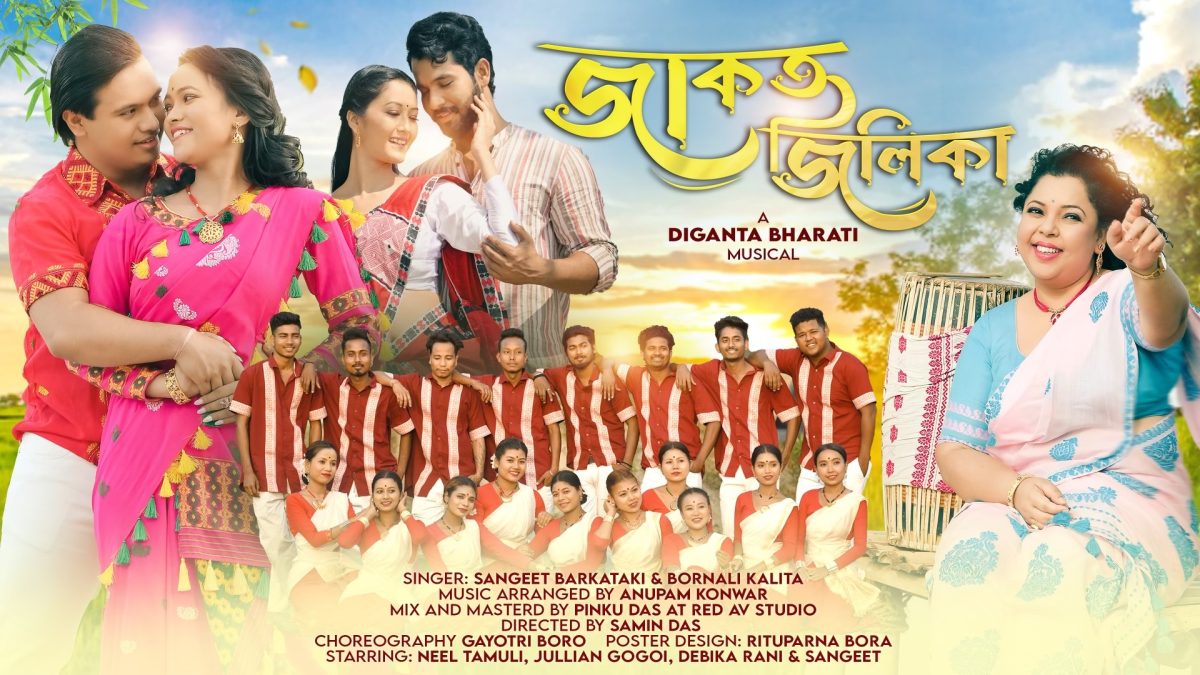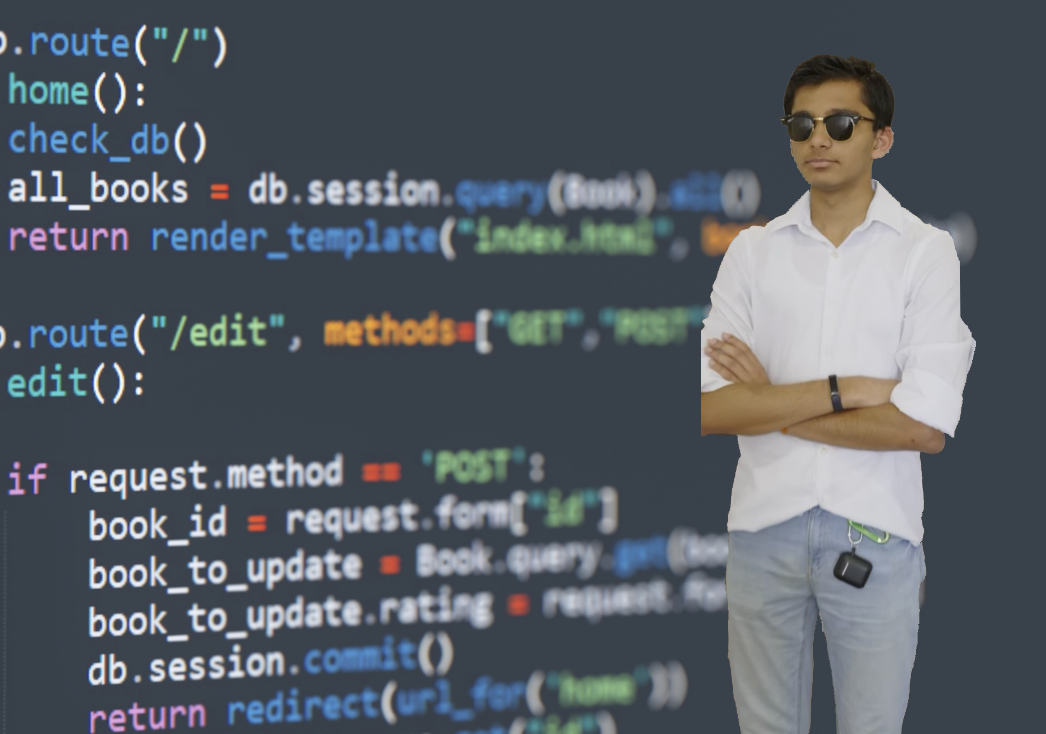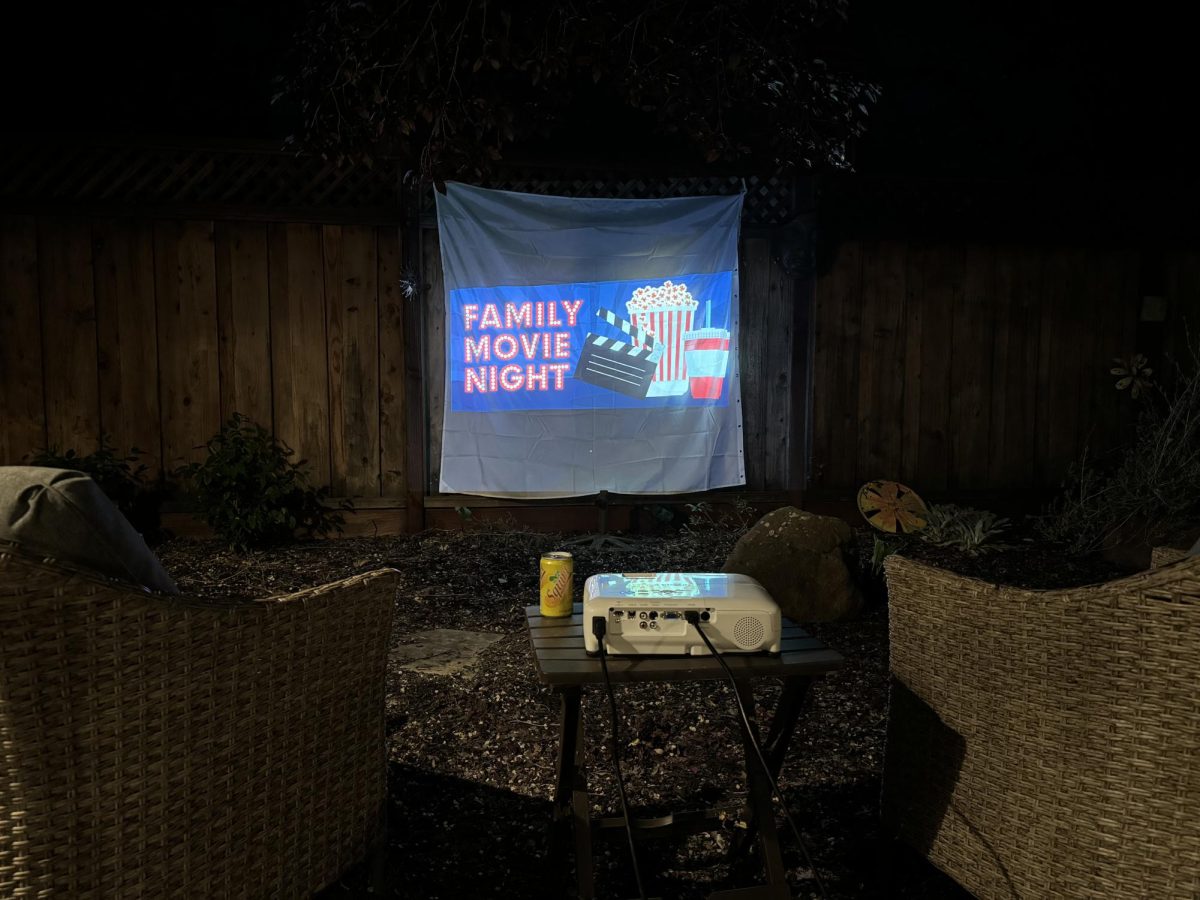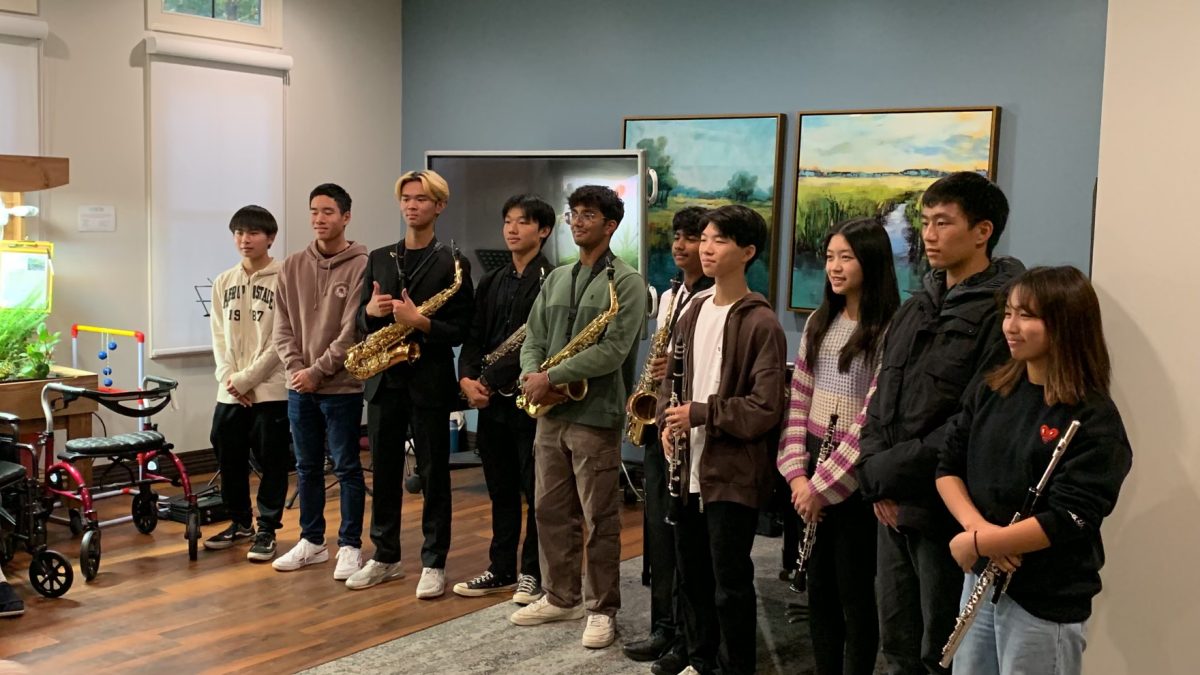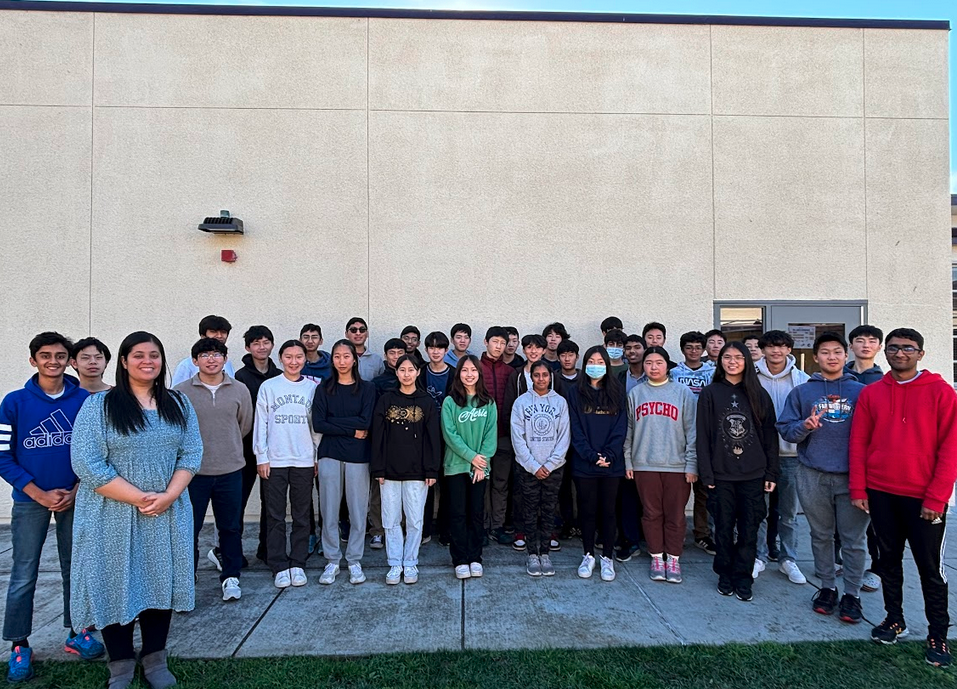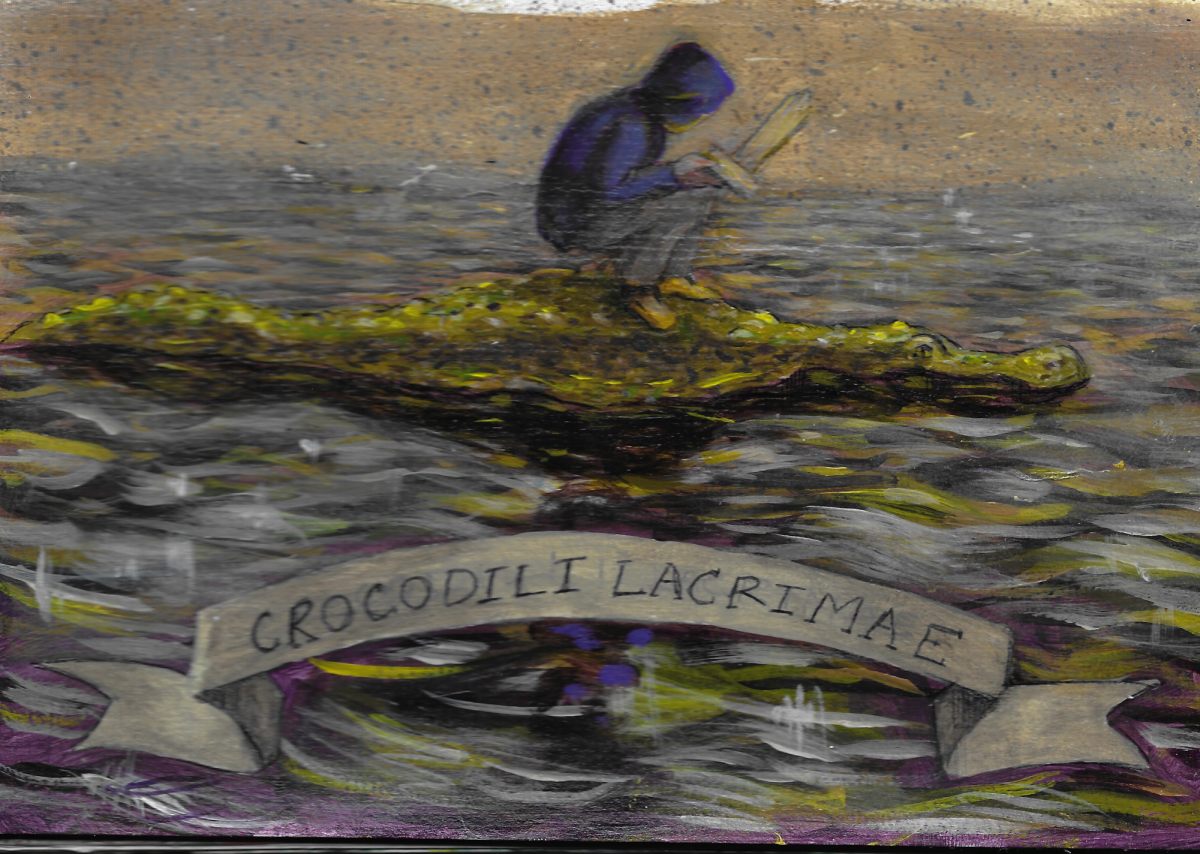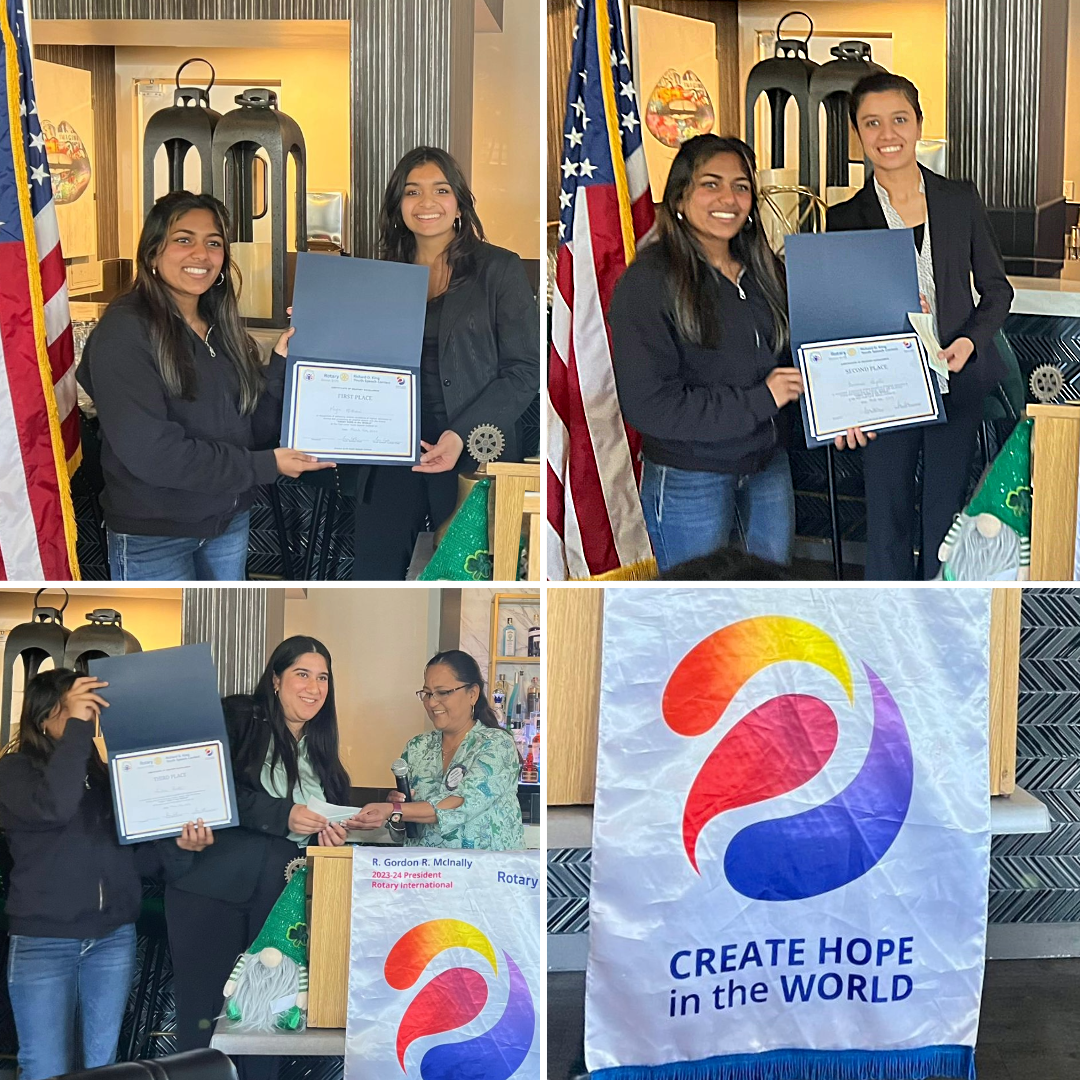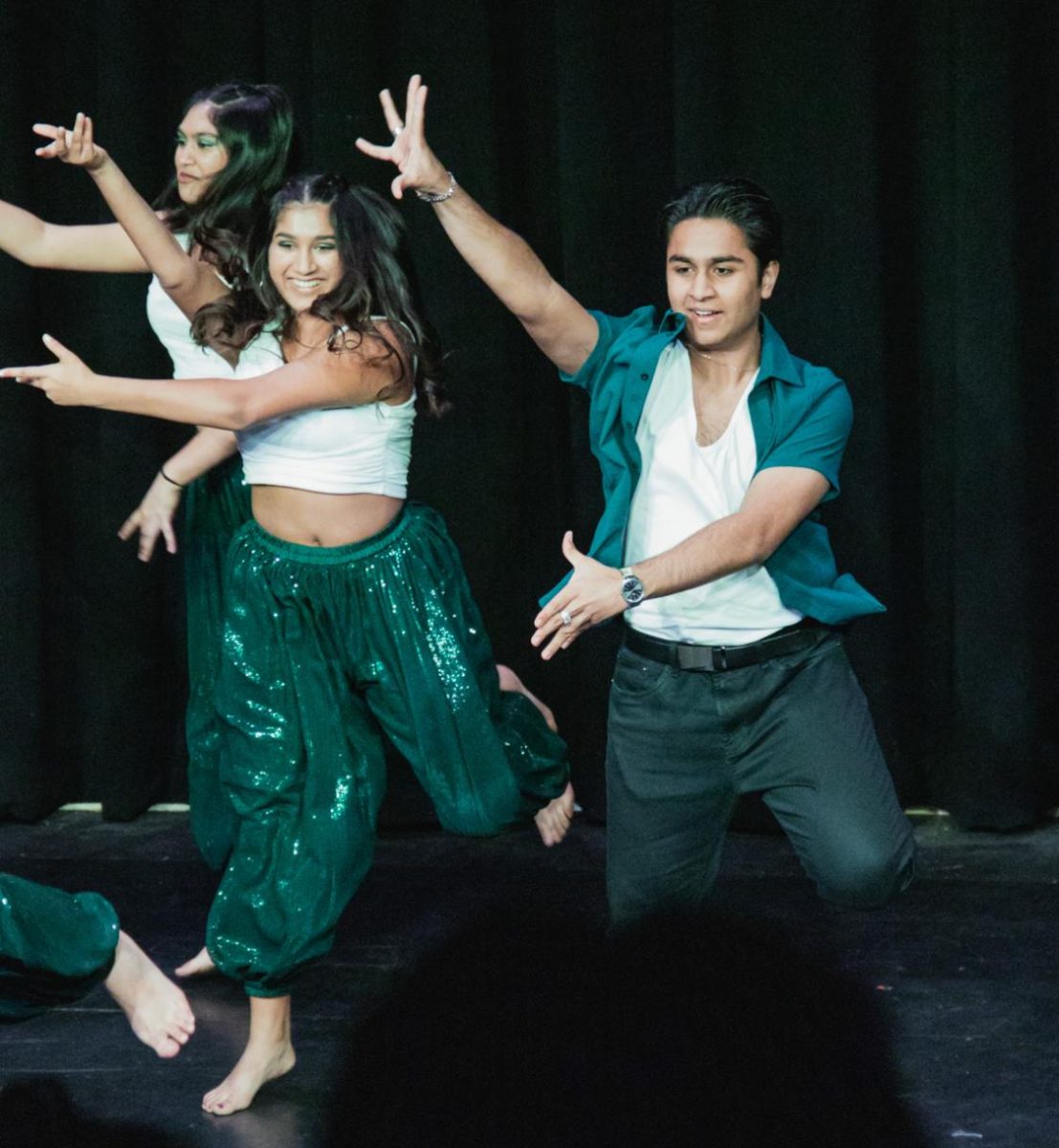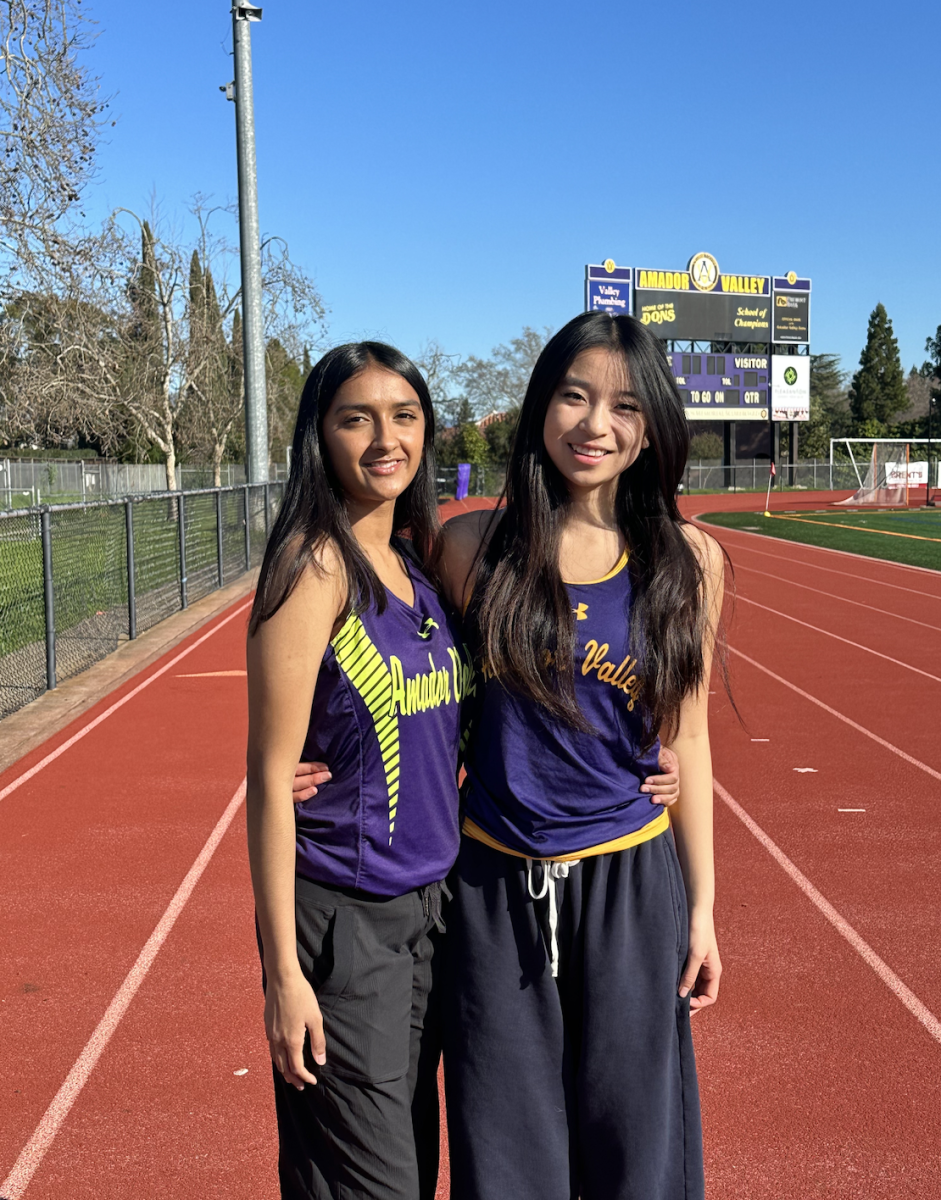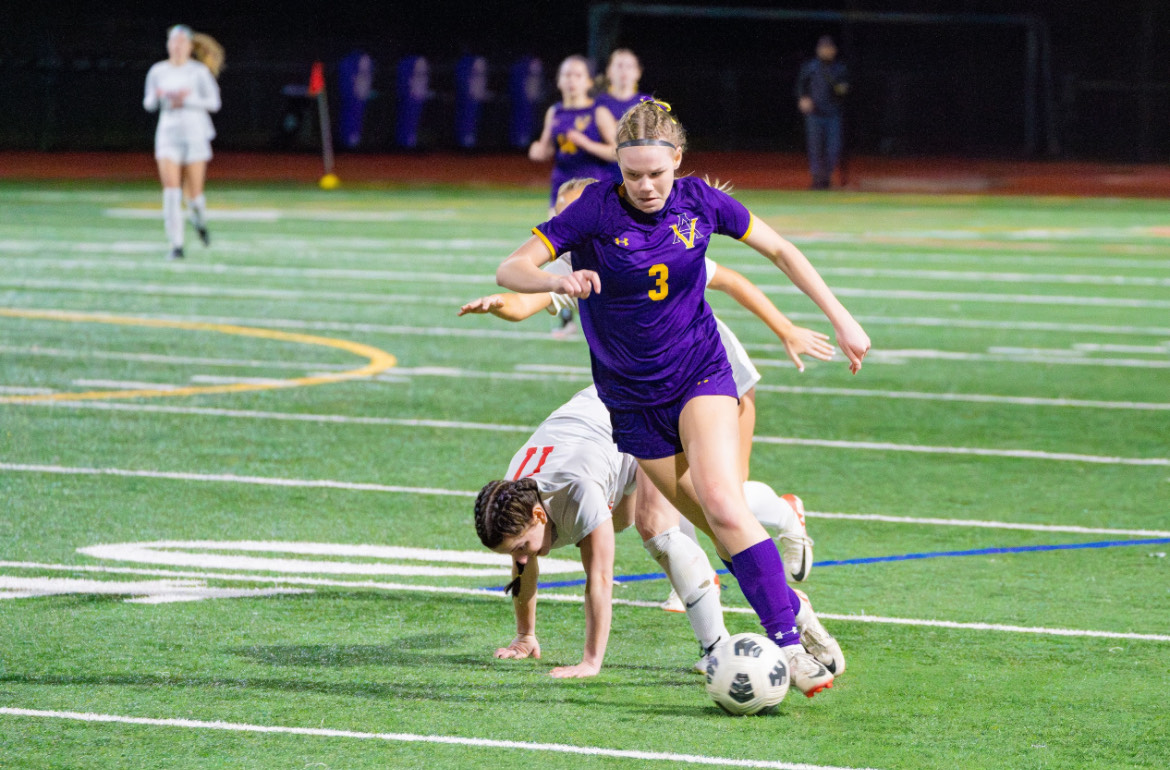Sangeet Barkataki (’24), who has been creating music on Spotify, is now featured in a traditional Assamese song called “Jakot Jilika” alongside famous singer Bornali Kalita.
“I feel really honored to have made the song with her. She’s like a mentor to me. She teaches me a lot of how to sing in certain genres, how to refine my technique, and to be able to perform with someone of her caliber and talent, I’m super happy,” said Barkataki.
Barkataki has been planning to perform in the music video for a while. The idea started in November of 2023.
“I want to sound a little bit like this, have these certain elements to it, have it happy, have it fun and light. She took those suggestions to lyricists and music arrangers and from there, they wrote the lyrics and produced a beat and when I went to India I just had to record my lines and shoot the video,” said Barkataki.
Marking the start of a new year, Bihu is a spring festival celebrated in Northeast India, often involving folk dance performances and cultural music.
“I had the idea because in Assamese culture, one of the most centered areas of culture where the music comes from is from our Rongali Bihu New Year. I’ve always loved singing the style of music that we sing during Bihu and that itself is called Bihu Gaan,” said Barkataki.
Getting over 50,000 views on YouTube in three weeks, two days of effort were put into producing the music video, as it featured a storyline with skits and dances.
“[The directors] gave me the full rundown and they told me you have to dance a little bit. You have to act mostly. I prepared for one day getting into the acting vibe and then we went for the shoot, the first day of shooting. That lasted from 9 to 6 pm and then we went for one more day of shooting. That was the most fun day,” said Barkataki.
With about 500 monthly listeners, Barkataki goes by Sangeet on streaming platforms, where he posts more of his western R&B style music.
“I don’t make too much of a difference between me making Western music, my R&B usual, and Assamese songs since I view both aspects as being part of me and I’m incredibly proud to showcase my culture and bring it to the forefront for as many people to see it as possible. But I feel like me personally, I enjoy making Assamese songs a bit more than R&B,” said Barkataki.
After the release, numerous Instagram Reels and YouTube shorts have surfaced with listeners replicating the dance in the music video.
“Seeing all the reels on Instagram, seeing all the lovely comments and feedback that I’m getting from people, it really encourages me to pursue this further and it strengthens my resolve in trying to make something out of this,” said Barkataki.
Despite the growing popularity of Bollywood music in India, the most streamed songs are predominantly in Hindi and English, representing over half of the total listenership. In contrast, Assamese, with about 15 million native speakers, has a smaller presence.
“I would like to say that Assamese culture and Assamese music is something, it’s like a hidden diamond, it’s like a diamond in the rough. It’s very hard to find, but when you find it, you’ll be amazed with what you hear and I feel like overall, that’s something that people should look into and appreciate,” said Barkataki.

